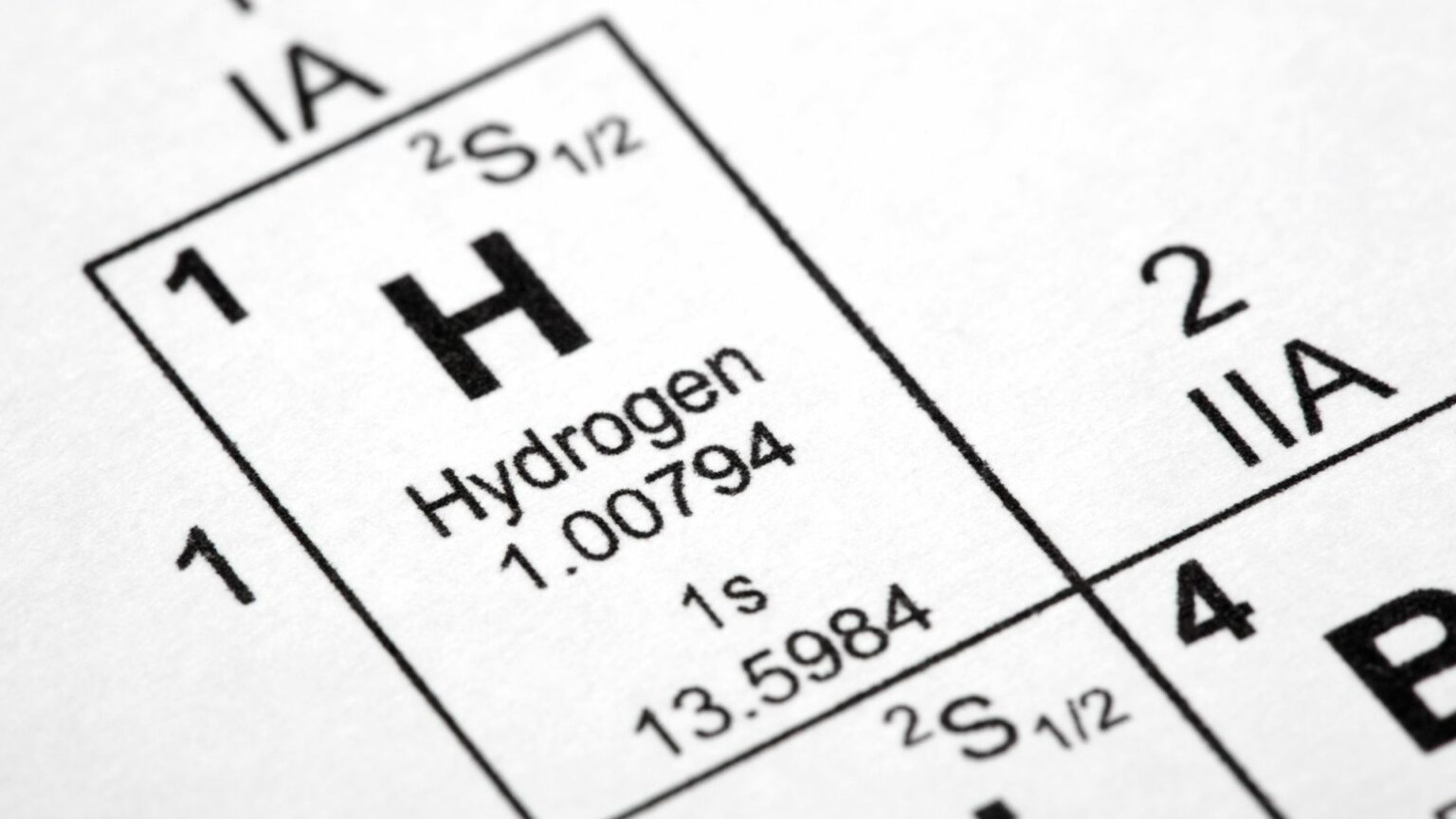Meld Energy has announced a significant £250 million (€298 million) project to develop a green hydrogen production facility in East Riding of Yorkshire.
With an expected production of 13,400 tonnes of hydrogen per year, this facility aims to leverage the region’s ample renewable energy resources to meet up to 30% of the existing hydrogen demand at Saltend Chemicals Park.
The East Riding of Yorkshire council has granted outline planning permission for the facility, which is set to commence construction in 2026 and begin operations in late 2028. This approval marks a key milestone for Meld Energy and its plans to expand the project’s capacity to over 200MW in a subsequent development phase.
The projected annual production of 13,400 tonnes of hydrogen positions Meld Energy’s facility as a significant contributor to the UK’s hydrogen economy. However, this figure must be viewed in the context of the broader industry. For example, the UK government has set a target of 10GW of hydrogen production capacity by 2030, with 5GW from green hydrogen. While Meld’s project contributes to this goal, the industry needs several such projects to achieve the ambitious national targets.
Meld Energy plans to use the region’s abundant onshore and offshore renewable electricity, aligning with global trends towards integrating renewable energy sources into hydrogen production. This approach is crucial for reducing the carbon footprint of hydrogen production, but it also requires a stable and substantial supply of renewable energy, which can be a challenge given current energy infrastructure and market conditions.
Meeting 30% of the existing hydrogen demand at Saltend Chemicals Park is a notable achievement, but the project’s success will depend on its integration with the broader hydrogen market. The presence of major industrial players like BP Petrochemicals Technology, Vivergo Fuels, Yara, Mitsubishi Chemicals UK, Ineos, and Air Products at Saltend provides a strong industrial base. However, ensuring consistent demand and seamless integration into existing supply chains will be critical.
The project’s location at Saltend Chemicals Park, a hub for major industrial companies, positions it strategically to influence both regional and national hydrogen markets. The anticipated increase in production capacity could significantly boost the local economy and contribute to the UK’s hydrogen production targets. However, achieving this will require overcoming the aforementioned challenges and ensuring robust project management and execution.
For long-term success, Meld Energy must focus on sustainability, both in terms of environmental impact and economic viability. Leveraging renewable energy is a step in the right direction, but the company must also ensure that the hydrogen produced is cost-competitive with other energy sources. Continuous innovation and efficiency improvements will be essential to maintain a competitive edge.
